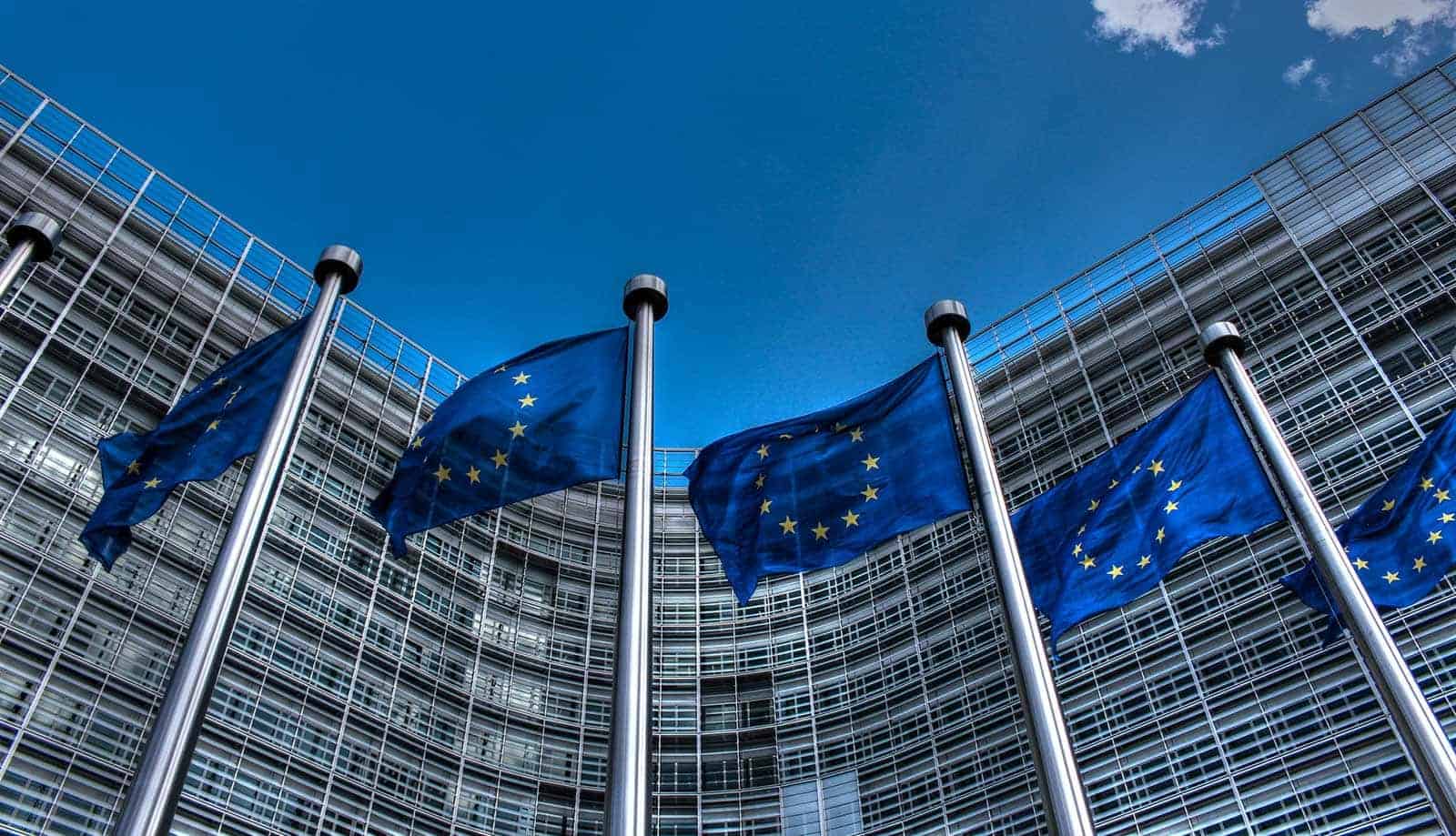WHAT DO GOOGLE AND OTHER TECH COMPANIES GET OUT OF THE NEW EU RULES? The restrictions in question don’t just apply to Google, though. They also apply to other well-known market leaders like Apple, Amazon, Facebook, Microsoft, and others. This is due to the fact that they pursue the aforementioned objectives by addressing a wide range of scenarios.
For instance, Google and others won’t be able to benefit as much from the lock-in impact under the new EU regulations. In particular, they will be compelled to permit interaction between big messaging platforms and smaller services and apps. Additionally, they must make it simpler for customers to remove preloaded apps. In addition, regulations compel businesses to permit downloads and installations from unofficial sources.
Advertisement Furthermore, businesses are no longer allowed to favor their own services. For instance, Google mandates that in-app purchase billing be handled through Google Play. Google has already encountered resistance to the practice both in the US and other countries. However, the EU will no longer accept it.
The aforementioned adjustments are made to make it possible for smaller businesses to compete and work with already-existing de facto services. However, the new regulations do advance the situation further. This is primarily due to the introduction of new regulations governing the dissemination of illicit information and targeted advertisements that make use of sensitive user data. Along with deceptive content, which the majority of tech firms are already battling.
In the first scenario, businesses will now be held more accountable for the illegal content that is disseminated on their platforms or services.
Advertisement DO THE NEW RULES OPERATE? The possibility of enforcement has raised some concerns for the European Consumer Organization. Thierry Breton, an EU commissioner, claims that the Commission is transferring resources and increasing hiring to tackle the issues. To handle the enforcement, the commission will assemble a specialist task force of up to 80 people.
Companies that violate the new regulations will face steep fines. This includes fines of up to 10% of the prior year’s global turnover of the corporation. And that only applies to the first offense. That percentage might increase to up to 20% in the event of repeated infractions.







